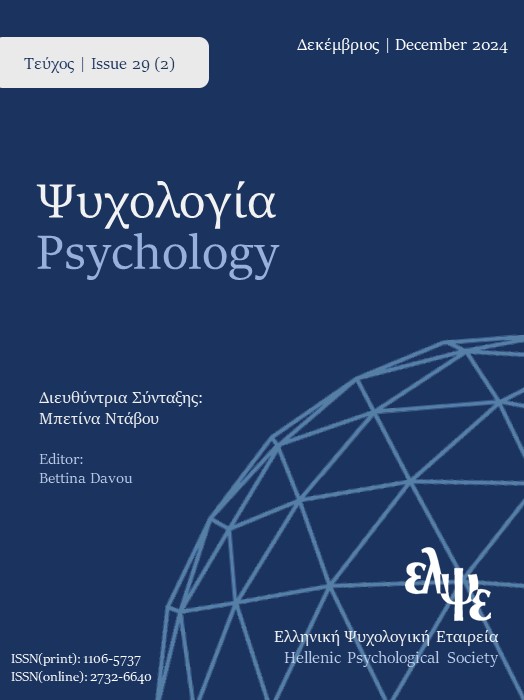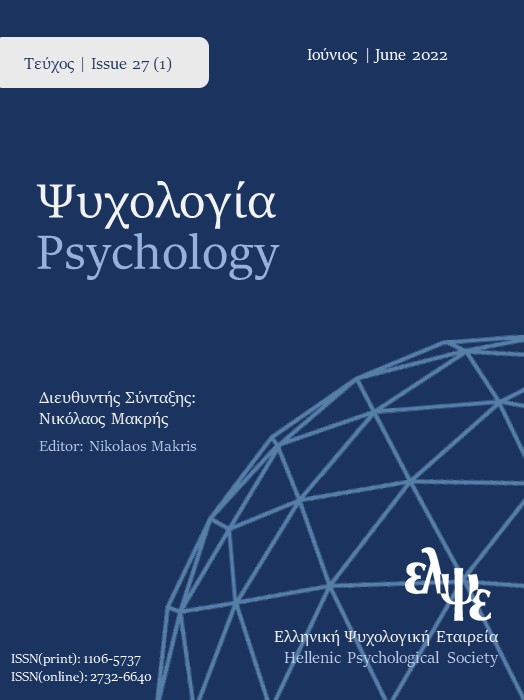Rethinking Engagement: Insights from conceptual change research

Abstract
Current research in the field of cognitive developmental psychology has highlighted a componential approach to engagement, involving at least three key components that co-occur during learning, an emotional, a behavioral and a cognitive one. At the same time, there is little agreement on the internal key components that occur during engagement and how they interact. In the present paper we will try to address this issue in the light of a particular kind of learning, conceptual change learning. More specifically, we will illustrate, based on research data, how internal factors, such as students' prior knowledge and their epistemic beliefs, along with external factors, such as cultural tools, can influence students' momentary engagement with science content, especially when there is a need for re-organization of their intuitive theories, thereby leading to conceptual change. We will focus on how these factors can support learning, but at the same time can set obstacles to staying momentarily engaged in the classroom in the case of conceptual change learning. Finally, we will discuss how understanding momentary engagement in the context of conceptual change can enhance our understanding of how to moderate the rate or success of conceptual change as well as the appropriate types of learning environments that are necessary to achieve this goal.
Article Details
- How to Cite
-
Kyriakopoulou, N., & Skopeliti, I. (2024). Rethinking Engagement: Insights from conceptual change research . Psychology: The Journal of the Hellenic Psychological Society, 29(2), 1–23. https://doi.org/10.12681/psy_hps.35395
- Section
- THEORETICAL REVIEWS

This work is licensed under a Creative Commons Attribution-ShareAlike 4.0 International License.
The journal PSYCHOLOGY adopts a Platinum open-access policy. Submission, processing or publication costs are waived by the Hellenic Psychological Society. Papers published in the journal PSYCHOLOGY are licensed under a 'Creative Commons Attribution-ShareAlike 4.0 International' licence. The authors reserve the copyright of their work and grant the journal the right of its first publication. Third-party licensees are allowed to use the published paper immediately after publication as they wish, provided they retain the defined by the license copyright formalities, regarding the reference to its author(s) and its initial publication in the journal PSYCHOLOGY. Moreover, any adjusted work should be shared under the same reuse rights, so with the same CC license.



